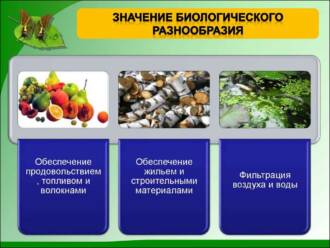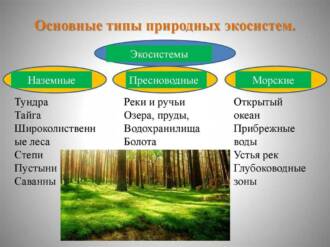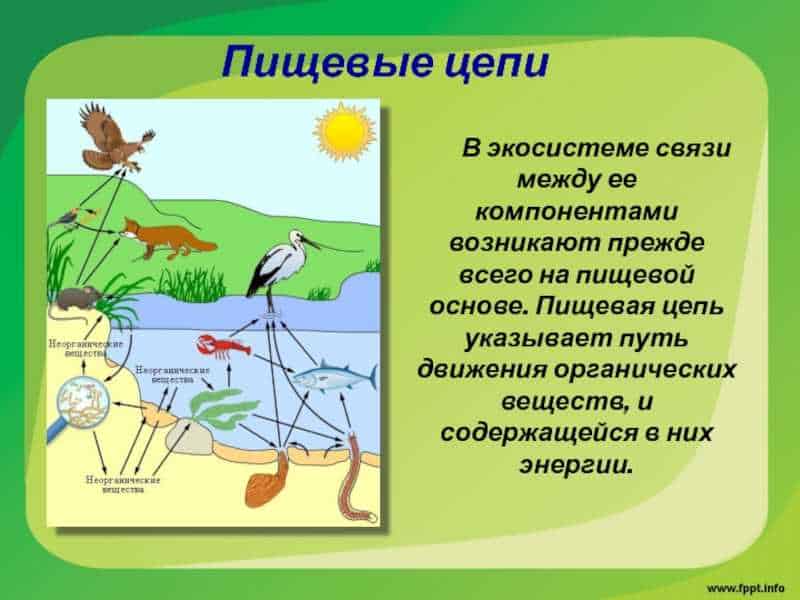
Butterflies are amazing creatures that play an important role in nature and human life. They not only beautifully decorate the world around them with their delicate wings, but also perform a number of useful functions necessary to preserve the ecosystem. Without them, our planet would be completely different.
One of the main roles of butterflies in nature is their participation in the process of plant pollination. Like bees, they transfer pollen from one flower to another, promoting the reproduction and diversity of the plant world. Without this process, many plants would not be able to continue to exist, and, consequently, all other living organisms, including humans, would face serious problems.
In addition, butterflies are an important link in the food chain. Like other insects, they provide food for many animals, including birds, bats and some mammals. Without butterflies, these animals would face food shortages and have difficulty finding food for their offspring. Thus, butterflies play an important role in maintaining biological balance in nature.
The beauty of butterflies also cannot be underestimated. They are magnificent representatives of nature and delight us with their unique beauty. Watching them can bring us joy and peace, and expand our understanding of the natural world and beauty.
Thus, butterflies play an indescribable role in nature, performing the functions of pollinating plants, serving as a source of food for other animals and delighting us with their beauty. They are an integral part of the ecosystem and without them our planet would not be the same as we know it.
The role of butterflies in the ecosystem
Butterflies play an important role in nature and human life. They are pollinators of many plants, transferring pollen from one flower to another. This promotes plant reproduction and diversity.
Butterflies are also food for many animals, including birds, frogs and insectivorous mammals. Thanks to this, they occupy an important place in the food chain and maintain biological balance in the ecosystem.
In addition, butterflies are of great importance to the population. They are the object of study by scientists and attract the attention of nature lovers. Butterflies are also a symbol of beauty and tenderness; their images are used for decorative purposes.
Thus, butterflies play an important role in nature, contributing to the pollination of plants, maintaining biological balance and bringing us joy and admiration for their beauty.
Biodiversity
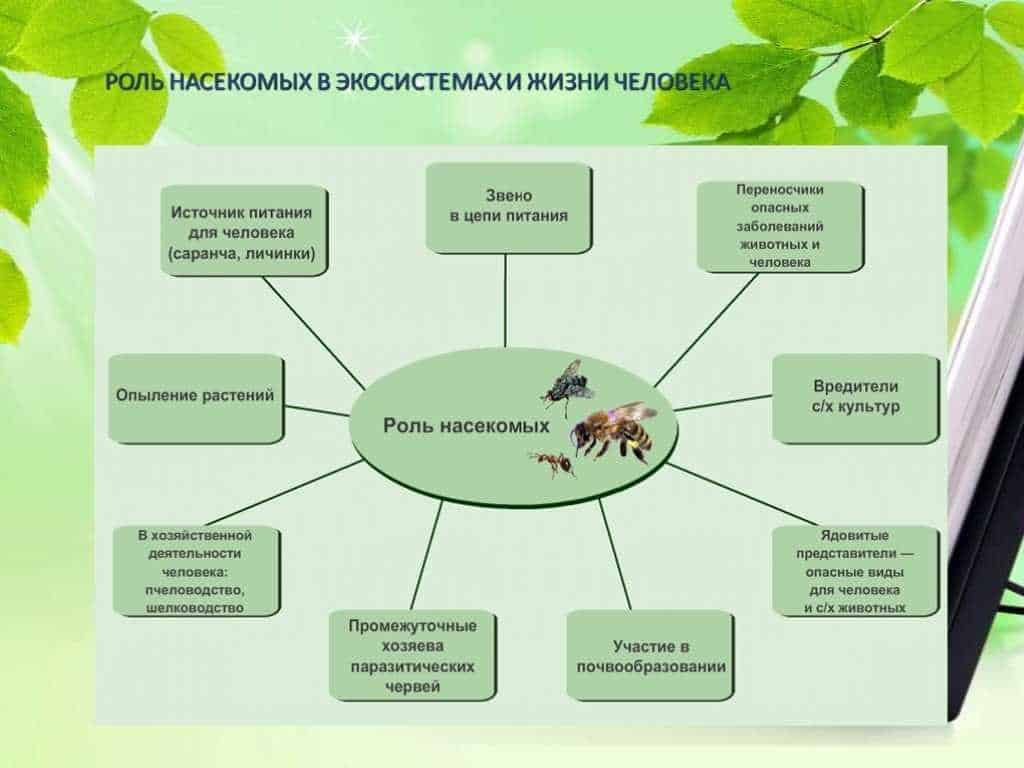
Butterflies are one of the most diverse and amazing species on Earth. They play an important role in nature, contributing to biodiversity. Each butterfly species has its own unique characteristics and ecological role.
Butterflies perform a number of functions in nature. They are pollinators of many plants, moving pollen from one flower to another and facilitating their reproduction. Thus, butterflies play an important role in pollinating plants and maintaining their populations.
The role of butterflies in nature and human life is also related to their importance in the food chain. Butterflies serve as a food source for many birds, mammals and other predatory animals. They are an important link in the ecosystem, maintaining a balance between different species of animals and plants.
In addition, butterflies contribute to our lives. They not only bring us beauty and joy with their bright wings, but also serve as an object of study for scientists and nature observers. Studying butterflies helps us better understand the principles of evolution, adaptation and the ecosystem as a whole.
Thus, butterflies play an indispensable role in biodiversity and the ecosystem. They are plant pollinators, a source of food for carnivorous animals, and an object of study for us humans. Without their participation, nature would be less diverse and rich in beauty.
Plant pollinators
Butterflies play an important role in nature and human life as plant pollinators. They are one of the main carriers of pollen, which promotes plant reproduction and ensures their diversity.
Butterflies are useful in nature as they carry pollen from one flower to another, facilitating pollination and the formation of fruits and seeds. Through this process, plants reproduce and spread throughout the area. Without the participation of butterflies and other pollinators, many plants would not be able to reproduce and survive.
Pollinators, including butterflies, play an important role in maintaining the biodiversity of ecosystems. They help maintain plant diversity, which in turn ensures animal diversity and maintains balance in nature.
Butterflies are also food for many other animals such as birds, frogs and lizards. They play a role in the food chain and help maintain balance in the populations of other species.
Butterflies are of great importance to humans. They are the subject of scientific research, and their beautiful and varied wings attract people's attention and admiration. Butterflies are also a symbol of beauty, lightness and transformation.
Plant distribution

Butterflies play an important role in nature, especially in the propagation of plants. They are one of the main pollinators of many plant species, transferring pollen between flowers and facilitating their fertilization. Thus, butterflies contribute to the reproduction of plants and the maintenance of their population.
What role does the butterfly play in nature? Butterflies are attracted to flowers to feed and collect nectar. While visiting a flower, they accidentally transfer pollen from one flower to another. This helps plants pollinate and produce seeds or fruits, which are a source of food for other animals.
Why are butterflies needed in nature? The role of butterflies in nature and human life is invaluable. They help maintain biodiversity by spreading different plant species. Butterflies also provide food for many birds, lizards, frogs and other animals, entering the food chain and ensuring a balanced ecosystem process.
How useful are butterflies in nature? They perform a very important function of pollination, ensuring the reproduction of plants and maintaining their diversity. Without butterflies, many plant species would not be able to reproduce and survive. Moreover, some butterfly species are indicators of the health of the ecosystem and can serve as indicators of environmental pollution.
Food for other animals
Butterflies play an important role in nature as they serve as food for other animals. Their bright colors and attractive patterns make them a magnet for birds, lizards and other predators that feed on insects. Butterflies are an important element of the food chain, providing food for many animal species.
Through their prey, butterflies help maintain balance in nature. They control insect populations that can become pests for plants and agriculture. In this way, butterflies act as a “natural pesticide,” helping to maintain ecological sustainability.
In addition, butterflies play an important role in plant pollination. While visiting flowers, they transfer pollen from one flower to another, promoting plant reproduction. This process is an integral part of the life cycle of many plants and is important for maintaining biodiversity.
Why are butterflies needed in nature? They are not only important links in the food chain and helpers in plant pollination, but also an excellent object of observation for people. Butterflies attract attention with their beauty and unique shapes, which makes them popular in the world of naturalists and photographers. In addition, some butterfly species are used in scientific research to study nature and the ecosystem.
Insect population control

Butterflies are important members of the ecosystem and play a significant role in controlling insect populations. What are butterflies for in nature? They are one of the main pollinators of plants, transferring pollen from one flower to another. Thus, butterflies contribute to the pollination of plants, which is important for their reproduction and the preservation of species diversity.
How are butterflies useful in nature? Butterflies serve as food for many predatory insects, birds and other animals. Their larvae and pupae are a source of food for birds, lizards, frogs and fish. Adult butterflies also serve as prey for birds of prey, spiders and bats. Thus, butterflies play an important role in the food chain and maintain the balance of insect numbers in the ecosystem.
The role of butterflies in nature and human life also lies in their aesthetic value. Butterflies are beautiful and graceful creatures; their presence creates a pleasant atmosphere and pleases the eye. Butterflies also serve as important subjects for scientific research, helping scientists understand ecosystem mechanisms and environmental changes. They are also the subject of photography and a source of inspiration for artists.
Thus, butterflies are not only beautiful and aesthetically valuable, but also of great importance for nature and humans. They perform important functions in the ecosystem, facilitating plant pollination, controlling insect populations, and serving as food for other animals. Therefore, the protection and conservation of butterflies is an important task for the conservation of biodiversity and the sustainability of natural ecosystems.
Environmental sustainability indicators

Butterflies are important indicators of the ecological sustainability of natural ecosystems. They perform a number of important functions that influence both nature itself and human life.
Butterflies play an important role in nature, as they are pollinators of many plants. They transfer pollen from one flower to another, facilitating the pollination process and allowing plants to reproduce. This is important for maintaining biodiversity and preserving the ecosystem.
In addition, butterflies serve as food for many predatory animals such as birds and bats. They are a key link in the food chain and maintain balance in nature. If their numbers decline, it can lead to an imbalance in the ecosystem and negative consequences for other species.
Butterflies also perform an important ecological function - they are indicators of environmental quality. Changes in butterfly abundance and species diversity may indicate problems in the ecosystem, such as air pollution or pesticide use. Therefore, studying butterflies allows us to obtain information about the state of the environment and take measures to protect it.
In general, butterflies play an important role in nature and human life. They are plant pollinators, maintain balance in the ecosystem and serve as indicators of environmental sustainability. Therefore, the protection and conservation of butterflies is an important task to maintain natural balance and ensure sustainable development.
Participants in food chains
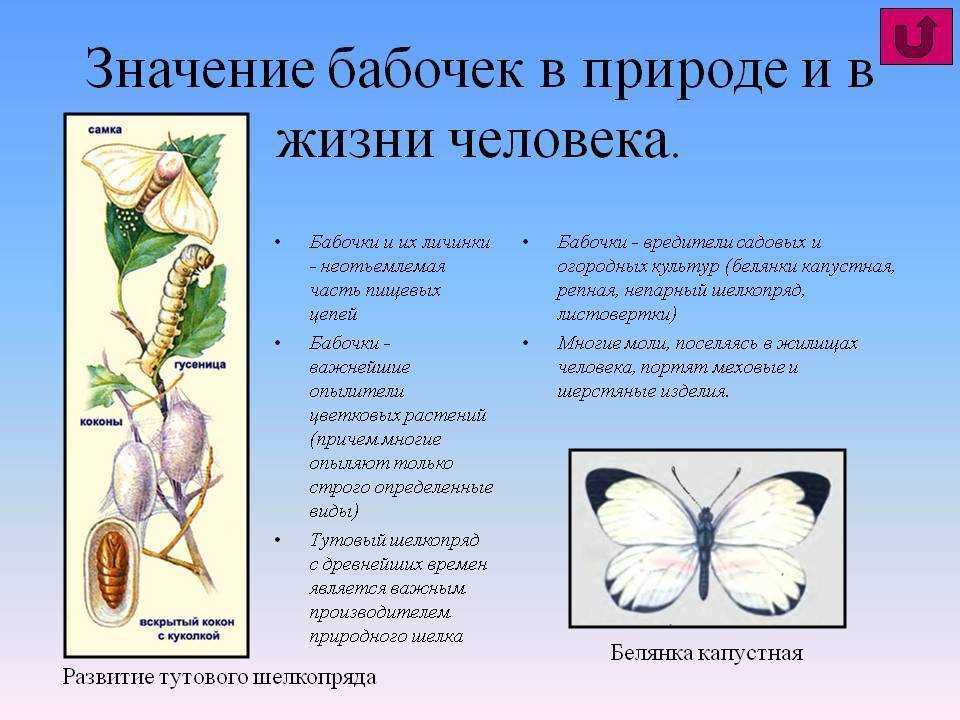
Butterflies are important participants in nature's food chains. They perform a number of functions that affect the ecosystem and human life.
The role of butterflies in nature and human life
Butterflies play a significant role in nature, as they are pollinators of many plants. In their search for food, they transfer pollen from one flower to another, aiding the pollination process. This allows plants to reproduce and maintain biodiversity in the environment.
Butterflies are also important for humans. They are the subject of study for scientists and researchers who study their behavior, migrations and interactions with the environment. Moreover, butterflies are an object of aesthetic appreciation and delight us with their colorful wings and graceful flight.
The usefulness of butterflies in nature
Butterflies perform an important ecological function by helping to maintain balance in nature. They are food for many predatory animals such as birds and frogs. In turn, they serve as food for other animal species, creating a food chain. Thus, butterflies are involved in providing the food supply for many animal species and maintaining biodiversity in the ecosystem.
In addition, butterflies are an indicator of the state of the environment. Changes in their abundance and distribution may indicate disturbances in the ecosystem. Thus, studying butterflies allows scientists to assess the state of nature and take measures to preserve it.
Ecotourism and environmental awareness
Butterflies are one of the main objects of study within ecotourism, because they play an important role in nature and human life. Due to their beauty and uniqueness, they attract the attention of tourists and allow them to enjoy the richness of nature.
The role of butterflies in nature is undoubtedly significant. They function as pollinators, transferring pollen from one plant to another, promoting their reproduction and maintaining species diversity. Without butterflies, many plants will not be able to produce fruits and seeds, which will disrupt the ecosystem.
In addition, butterflies provide food for many animals, including birds, bats and insectivores. They are also indicators of the state of the environment: changes in their abundance and diversity may indicate environmental problems and changes in the ecosystem.
In addition to their role in nature, butterflies also have practical benefits for humans. Some butterfly species are agricultural pests, destroying crops. On the other hand, some butterflies are beneficial insects, feeding on crop pests and helping to control their numbers.
Thus, butterflies play an important role in nature and human life. Not only do they help preserve the ecosystem and maintain biodiversity, but they can also be used in ecotourism to raise awareness of the environment and its conservation.
Scientific Research Tools
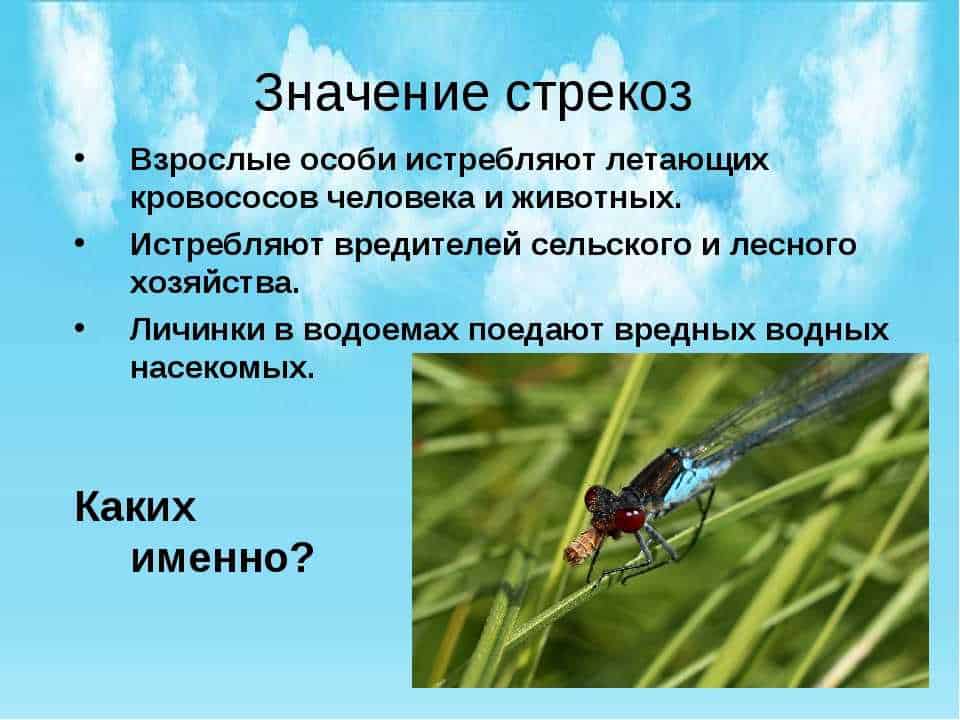
To study the role butterflies play in an ecosystem, scientists use a variety of research tools and techniques.
Surveillance and monitoring: One of the main ways to study butterflies in nature is through observation and constant monitoring of their populations. Scientists record the numbers and types of butterflies in specific places and over different periods of time to identify trends and changes in populations.
Using traps: Scientists also use different types of butterfly traps to attract them and study their behavior, diversity, and interactions with other organisms. Traps can vary in shape and material to attract specific butterfly species.
Pollen analysis: Studying the pollen that butterflies carry on their wings allows scientists to determine what types of plants they pollinate. This helps in understanding the role of butterflies in flower formation and plant distribution in the ecosystem.
Genetic studies: Through genetic research, scientists can study the genetic diversity of butterflies and their relationships. This allows us to understand what role butterflies play in the genetic diversity of an ecosystem and which species may be most resilient to environmental changes.
Simulation and experiments: Scientists are also using mathematical modeling and experiments to understand the role butterflies play in food chains, biodiversity and plant distributions. This helps predict the effects of changes in butterfly populations and take action to conserve and protect them.

